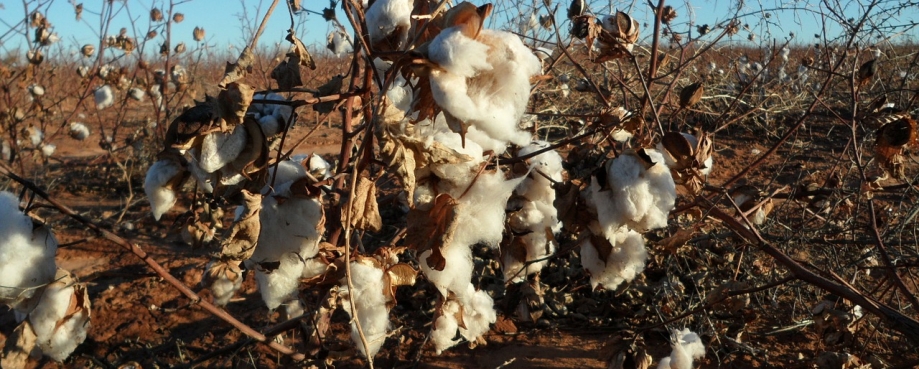
The 2020 Turkmenistan cotton harvest has recently come to an end.
Turkmenistan, a Central Asian country with an extremely oppressive regime, employs forced labour on a massive scale to power their cotton industries. However, the injustices suffered by the Turkmen people very rarely get the attention they deserve.
Today, two Turkmen NGOs, turkmen.news and the Turkmen Initiative for Human Rights, have published a joint review of the use of forced labour in Turkmenistan during the 2020 cotton harvest. The report is based on monitoring by the NGOs’ staff in 4 of the 5 regions of Turkmenistan: Ahal; Dashoguz; Lebap; and Mary.
Every year, the Turkmen government sends thousands of people into the cotton fields, including teachers, doctors and nurses, forcing them to leave their daily jobs and harvest cotton for the state. Workers are given cotton-picking quotas, under threat of punishment if they fail to pick enough. Those that fail to meet their quotas face harassment from the authorities, and risk losing their jobs. The work is strenuous and requires great physical effort; working and living conditions in the fields are appalling and cotton pickers are often exposed to serious health risks.
Sign the Turkmen Cotton Pledge
When the harvest started, there were many children in the fields. Some went cotton picking in place of their parents, while others were hired by those who can afford to pay for a replacement.
“Mum works in the culture department and always goes herself, but she’s not well, she’s got a high temperature. Her boss told her by phone that she should send a hired worker instead. But we would have to pay him and we’re in debt. We decided at home that I would go instead of mum.” Forced Labor Monitoring in Turkmenistan: Review of the 2020 Cotton Harvest
At the start of 2021, 117 global companies had signed the Cotton Pledge not to knowingly use cotton or textiles from Turkmenistan in their products. The Turkmenistan cotton harvest is big business: the country is the world’s 11th largest cotton producer and exporter. This means Turkmen cotton tainted with forced labour can find its way through global markets and on to racks in High Street shops. Turkmenistan has very close economic ties with Turkey, with 20% of Turkey’s imports of cotton yarn and textile coming from Turkmen cotton fields. These commodities are in turn exported worldwide, and end up being sold to consumers across the world.
What can brands do?
Due to the nature of the cotton production system in Turkmenistan we urge brands to stop sourcing cotton from Turkmenistan and to undertake the following steps:
- Stop sourcing cotton from Turkmenistan. We invite brands to publicly oppose the use of Turkmen cotton in their supply chains and to sign the Turkmen Cotton Pledge, to demonstrate to the Turkmen government that human rights violations in cotton production are unacceptable.
- Raise awareness. Inform consumers about the labour abuses that might affect the products they wear and use every day.
- Advance traceability and verification procedures in textile supply chains to accurately identify where Turkmen cotton may be entering supply chains.
- We want brands to collaborate with their third-country suppliers and put the issue of Turkmen cotton on their agenda.
Join in on putting pressure on the Government of Turkmenistan. We are calling on brands to
